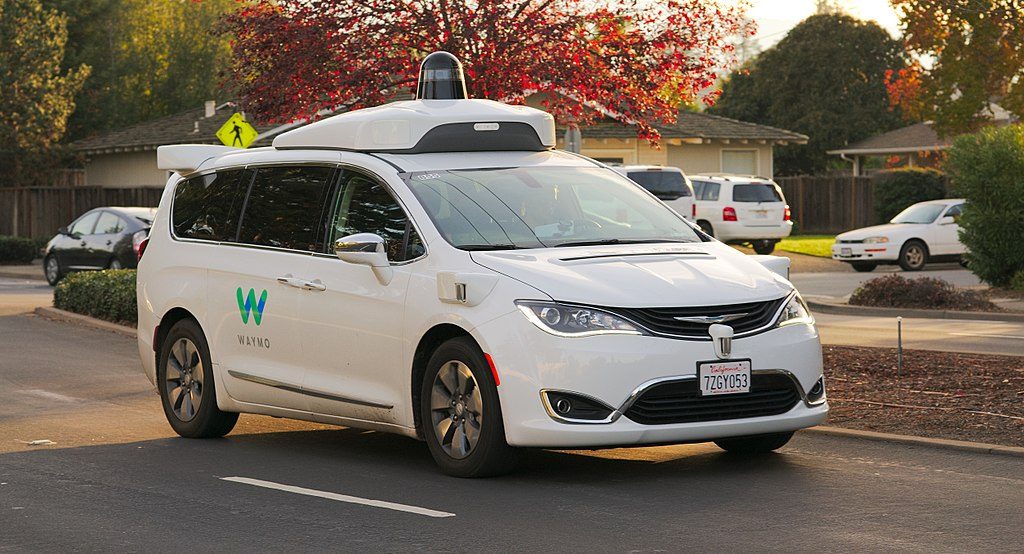Broad coalition takes the offensive on federal automated vehicle policy
Instead of waiting for Congress to release a new bill to regulate autonomous vehicles worse than last year’s notorious AV START Act, T4America joined a diverse coalition of safety, public health, consumer, and transportation groups to urge lawmakers to take a smarter approach than last year’s reckless hands-off approach for the driverless car industry.

We’re living through the first time in a hundred years a truly new transportation mode has hit American streets. While electric scooters, shareable mopeds, and electric bikes are all variations on a theme, automated vehicles (AVs) represent a truly transformational change to the world of mobility.
Yet federal policy hasn’t kept up. Current long-term transportation policy law—The FAST Act— which passed in 2015, didn’t even mention the phrase “automated vehicles.” When Congress did finally attempt to set basic rules for them, the House unanimously passed a bill before anyone knew what was in it and then the Senate attempted to pass the AV START Act. Both bills were a giveaway to the nascent industry which would have allowed hundreds of thousands of AVs on the road while preempting states and localities from not only regulating the vehicles in their jurisdictions, but even from knowing basic information about where and how they are operating.
But this issue isn’t going away. And if advocates fail to engage with Congress on this policy, these vehicles could undermine safety, exacerbate inequities, and worsen land-use policies that promote sprawl and create congestion. Rather than waiting for Congress, T4America and a host of other advocates want to do things differently this time. Instead of fighting to stop dangerous legislation from passing, T4America would rather fight for a bill that the public can support because they know it’s clearly in their best interests and protects their safety above all else.
We teamed up with a variety of stakeholders—including Advocates for Highway and Auto Safety, National League of Cities, and the League of American Bicyclists—to send a letter to Congress with specific AV policy recommendations. The final letter was signed by 47 national groups with a range of interests, and it covered seven broad recommendations, all of which were either ignored or handled poorly in last year’s legislation:
Any federal AV legislation must prioritize safety for motorists, pedestrians, motorcyclists, transit riders, and cyclists; ensure access for everyone including people with disabilities; protect local control; and provide appropriate data to consumers and local authorities while also equipping the National Highway Traffic Safety Administration (NHTSA) with the resources and authorities it needs to oversee this new technology.
AVs are certainly complicated, but getting the policy right shouldn’t be that difficult. But it does require an open, deliberative process of gathering feedback from everyone with a stake in how they’re rolled out and how they operate.
For a new transportation mode that has the power to dramatically reshape our communities, Congress can’t just ask the industry what they think and then hastily rush a bill through based on their limited feedback. We need our deliberative bodies to do better. By keeping safety at the forefront, we can craft legislation that works for everyone.
We are optimistic we can work together with Congress on a bill that enhances the federal government’s ability to regulate auto safety, protects states and local governments’ authority to promote safety for all road users in their communities, and ensures that this new transportation technology is accessible to everyone.
The full letter with the list of all signatories can be found here.



















